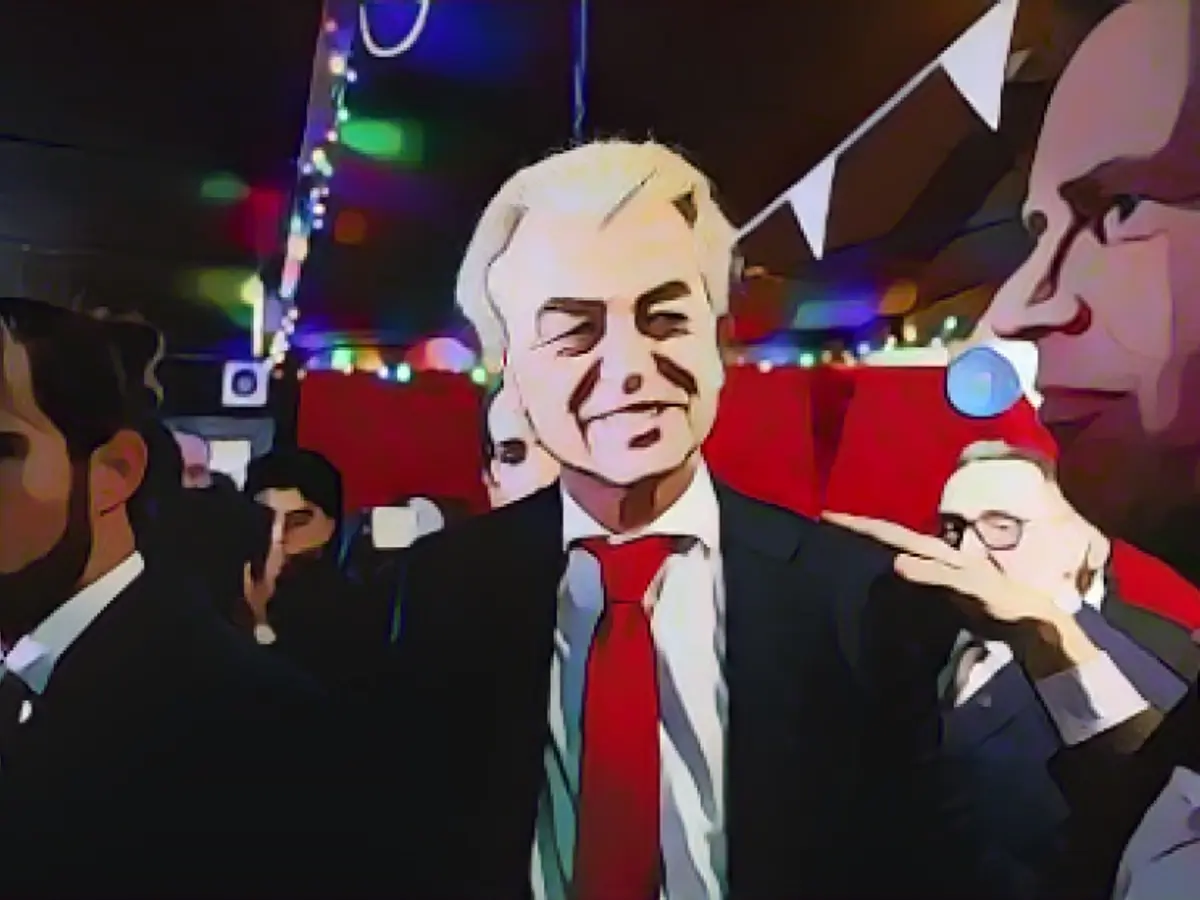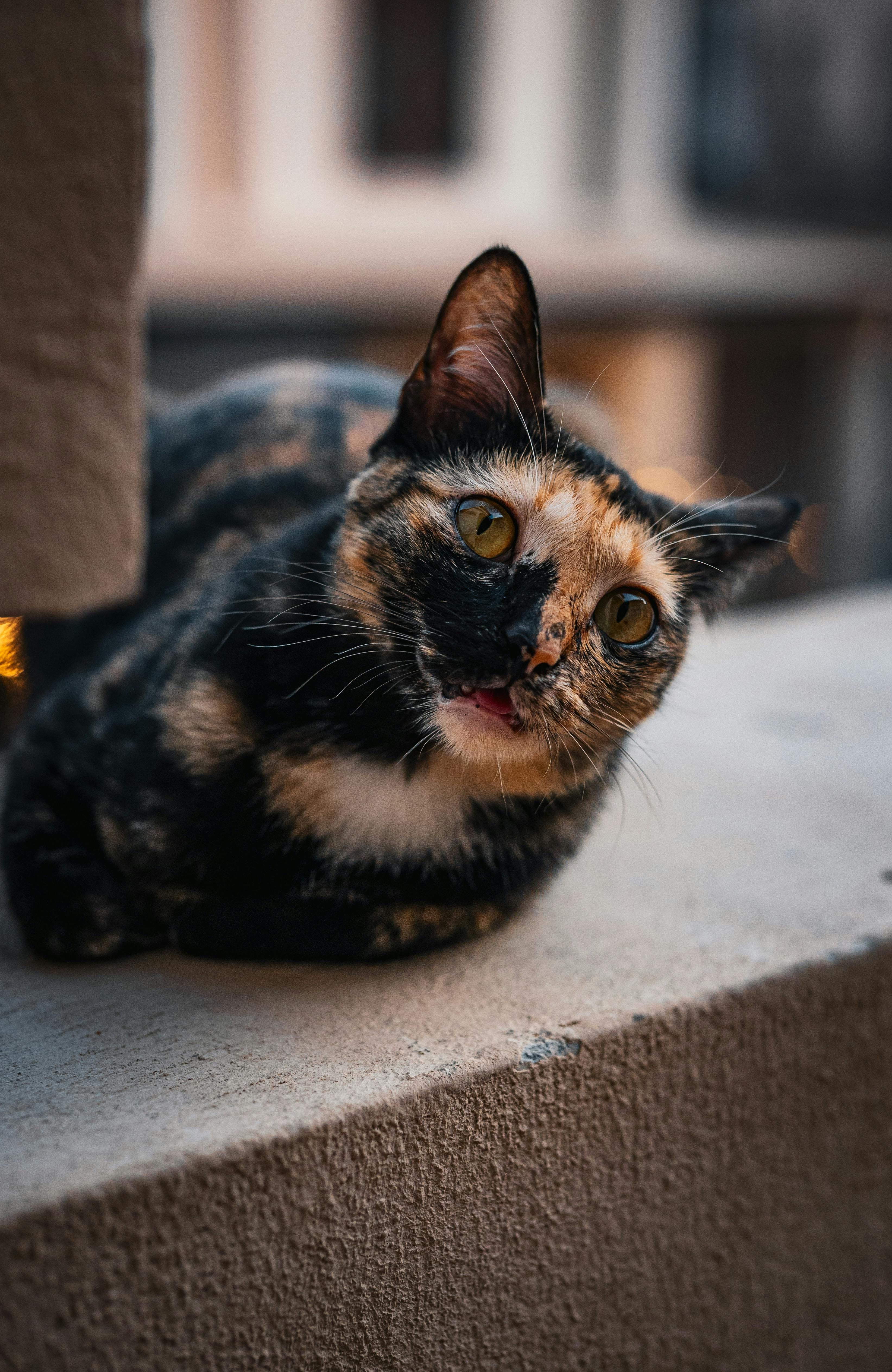"Geert Wilders: Netherlands' Controversial Populist Leader"
Labeled as the Dutch Donald Trump by the English press and the "EU's worst nightmare" by Politico, Geert Wilders (60) became the source of shock and horror among established parties with his resounding victory in the Dutch elections. His political positions have long been provocative, leaning heavily towards Euroscepticism with his advocacy for "Nexit" - the Netherlands' departure from the EU.
The PVV's Rise to Power
Wilders and his Party for Freedom (PVV) have made headlines for their controversial politics. Over the years, they've proposed banning mosques, the Koran, and headscarves in government buildings. Despite being criticized, the PVV has consistently performed well in elections, with the party placing third in 2021 and second in 2017.
Prime Minister Potential
After his latest triumph, Wilders secured 37 seats in the 150-member parliament. After initial predictions, he expressed his disbelief and joy through a video post on X (formerly Twitter). However, the question remains: can Wilders assume the position of Prime Minister?
The VVD, the ruling People's Party, initially ruled out a coalition, but their leader, Dilan Yesilgöz, later softened his stance, suggesting that the party would evaluate the situation and determine their course of action.
Treading a Softer Line
In response to his potential ascension to the nation's highest office, Wilders signaled his willingness to make concessions. He proposed taking a more conciliatory approach on issues like mosques, the Koran, and Islamic schools. If the election forecasts hold, Wilders would need to form a coalition of three parties to secure the Prime Minister position.
Islam and Immigration
Wilders' unwavering stance on Islam and immigration could pose challenges if he goes on to become Prime Minister. He advocates for stringent measures, including border closures and imposing strict asylum procedures. His position on a hypothetical "asylum tsunami" and the potential economic fallout from exiting the EU echoes the British experience with Brexit.
Friendship with Putin
Wilders' relationship with Russian President Vladimir Putin (71) has raised eyebrows and concerns. His outspoken criticism of military support for Ukraine and his opposition to sanctions against Russia suggest a pro-Russian stance. The prospect of Wilders' potential alliance with Russia in the EU, which could impact support for Ukraine, has caused uncertainty.
Celebrating Success and Plotting the Future
Politicians from across Europe have reacted to Wilders' electoral victory. Hungarian Prime Minister Viktor Orban (60) extended his congratulations, while Alice Weidel from the German AfD celebrated the triumph. With its populist appeal and Eurosceptic platform, the PVV's influence on European politics shows no sign of waning.
Key Insights:
- Geert Wilders and his PVV have emerged as a significant force in Dutch politics, as evidenced by their electoral success.
- The party's controversial stance on Islam and inflammatory immigration policies have fostered a polarized political climate in the Netherlands.
- If Wilders assumes the top political position, he might moderate his stance on select issues, such as Islam, to secure a coalition.
- His friendships with leaders in far-right parties and Russia have raised concerns regarding international relations.
Eurosceptics like Wilders have consistently shaped political discourse in Europe, and that trend continues with the PVV's electoral victories. The party's future impact on Dutch and European politics remains to be seen.








